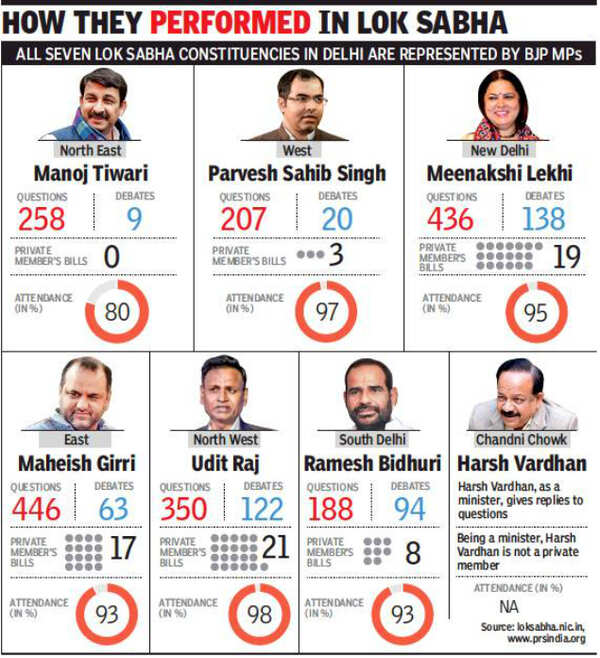
The protest comes at a time when the ECI is conducting a Special Intensive Revision of electoral rolls in Bihar, a state crucial in the run-up to the national elections. Opposition parties, including prominent regional and national political figures, are raising alarms over what they call a compromised revision process. The march aims to call attention to the alleged manipulation of voter lists and the potential impact on election fairness.
Several opposition leaders have criticised the ECI's handling of the voter registration process in Bihar, with accusations of deliberate exclusions and inclusions of names from electoral rolls. They claim that certain groups, including supporters of opposition parties, are being disproportionately removed from the list while those with affiliations to ruling party members are being added. These claims have sparked a broader debate on the credibility of the ECI's impartiality, especially in a crucial state like Bihar.
One of the key figures leading the protest is the leader of the Congress party, Mallikarjun Kharge, who has expressed concerns about the lack of transparency in the roll revision process. Kharge has urged the ECI to immediately halt the ongoing revision and address the opposition's demands for a thorough review. His remarks have found backing from leaders of other parties, such as the Trinamool Congress, Aam Aadmi Party, and the Communist Party of India, all of whom are seeking a level playing field ahead of the elections.
As the protest gains momentum, party leaders have also voiced apprehensions regarding the increasing centralisation of the election process. They argue that this centralisation could undermine the autonomy of the ECI, making it more susceptible to political influence. The accusations reflect a broader sense of disillusionment among opposition ranks, who believe that the commission's actions are not independent and are potentially skewed in favour of the ruling dispensation.
The Election Commission, however, has vehemently denied any wrongdoing. In an official statement, the ECI asserted that the revision of electoral rolls was being conducted in a transparent manner and that all changes were made in accordance with established protocols. The commission further emphasised its commitment to conducting free and fair elections, reiterating that its independence is enshrined in the Constitution.
In light of these tensions, political analysts are watching closely for any fallout that could shape the election narrative in the coming months. The outcome of this protest could have significant implications for how the public perceives the integrity of the electoral system and the role of the ECI. While the ruling party has largely remained silent on the matter, its allies have expressed support for the ECI’s actions, arguing that such protests are politically motivated and aimed at undermining the election process.
This protest also comes at a critical juncture in India's political landscape, where the opposition is seeking to present a united front against the ruling party ahead of the 2024 elections. Bihar, with its large number of parliamentary seats, has been a focal point for opposition parties who view it as a battleground for both regional and national politics. The state has seen significant political activity, with both the Bharatiya Janata Party and opposition groups vying for influence.
As the march approaches, security arrangements have been stepped up in the capital. Authorities are preparing for large crowds and potential disruptions in one of the most politically charged regions of the country. With the stakes high, the next few days will be critical in determining the outcome of the protest and its potential impact on public opinion and election preparations.
